Saifur Rahman
TrajSyn: Privacy-Preserving Dataset Distillation from Federated Model Trajectories for Server-Side Adversarial Training
Dec 17, 2025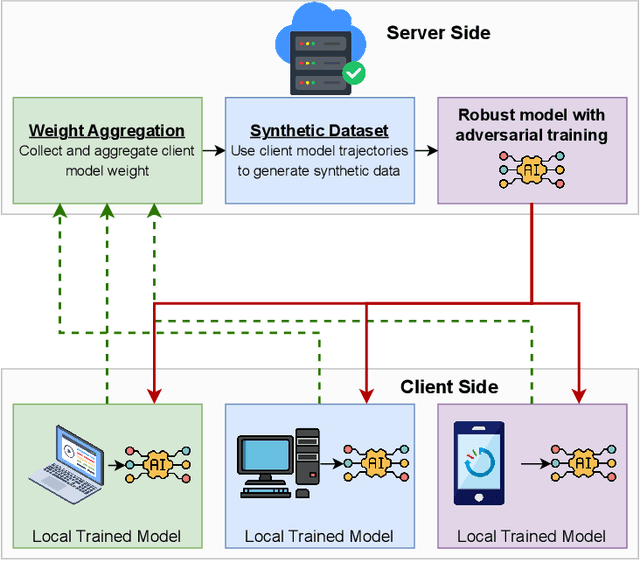
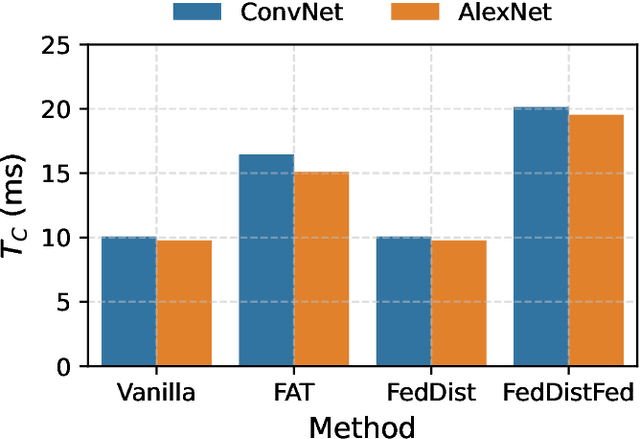

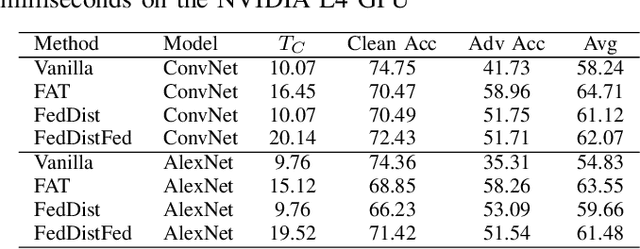
Abstract:Deep learning models deployed on edge devices are increasingly used in safety-critical applications. However, their vulnerability to adversarial perturbations poses significant risks, especially in Federated Learning (FL) settings where identical models are distributed across thousands of clients. While adversarial training is a strong defense, it is difficult to apply in FL due to strict client-data privacy constraints and the limited compute available on edge devices. In this work, we introduce TrajSyn, a privacy-preserving framework that enables effective server-side adversarial training by synthesizing a proxy dataset from the trajectories of client model updates, without accessing raw client data. We show that TrajSyn consistently improves adversarial robustness on image classification benchmarks with no extra compute burden on the client device.
Distributed Deep Learning with RIS Grouping for Accurate Cascaded Channel Estimation
Sep 17, 2025Abstract:Reconfigurable Intelligent Surface (RIS) panels are envisioned as a key technology for sixth-generation (6G) wireless networks, providing a cost-effective means to enhance coverage and spectral efficiency. A critical challenge is the estimation of the cascaded base station (BS)-RIS-user channel, since the passive nature of RIS elements prevents direct channel acquisition, incurring prohibitive pilot overhead, computational complexity, and energy consumption. To address this, we propose a deep learning (DL)-based channel estimation framework that reduces pilot overhead by grouping RIS elements and reconstructing the cascaded channel from partial pilot observations. Furthermore, conventional DL models trained under single-user settings suffer from poor generalization across new user locations and propagation scenarios. We develop a distributed machine learning (DML) strategy in which the BS and users collaboratively train a shared neural network using diverse channel datasets collected across the network, thereby achieving robust generalization. Building on this foundation, we design a hierarchical DML neural architecture that first classifies propagation conditions and then employs scenario-specific feature extraction to further improve estimation accuracy. Simulation results confirm that the proposed framework substantially reduces pilot overhead and complexity while outperforming conventional methods and single-user models in channel estimation accuracy. These results demonstrate the practicality and effectiveness of the proposed approach for 6G RIS-assisted systems.
Blockchain-Enabled Federated Learning Approach for Vehicular Networks
Nov 10, 2023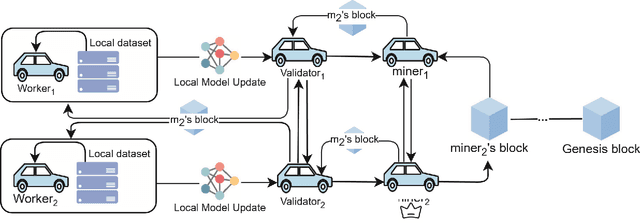
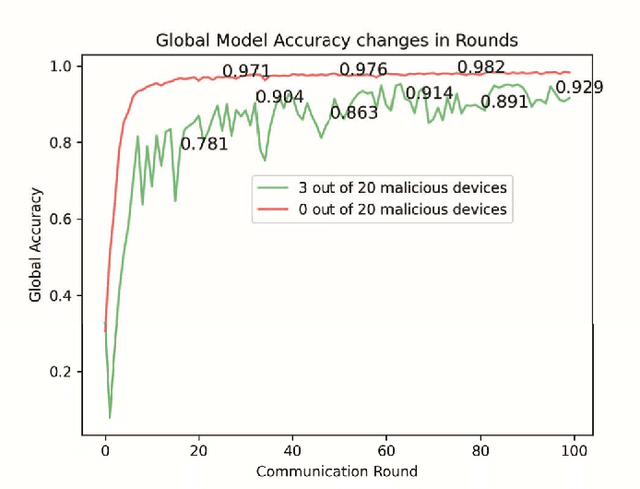
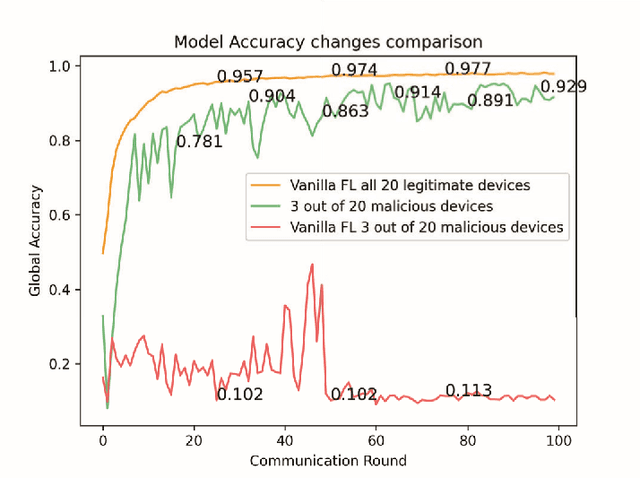

Abstract:Data from interconnected vehicles may contain sensitive information such as location, driving behavior, personal identifiers, etc. Without adequate safeguards, sharing this data jeopardizes data privacy and system security. The current centralized data-sharing paradigm in these systems raises particular concerns about data privacy. Recognizing these challenges, the shift towards decentralized interactions in technology, as echoed by the principles of Industry 5.0, becomes paramount. This work is closely aligned with these principles, emphasizing decentralized, human-centric, and secure technological interactions in an interconnected vehicular ecosystem. To embody this, we propose a practical approach that merges two emerging technologies: Federated Learning (FL) and Blockchain. The integration of these technologies enables the creation of a decentralized vehicular network. In this setting, vehicles can learn from each other without compromising privacy while also ensuring data integrity and accountability. Initial experiments show that compared to conventional decentralized federated learning techniques, our proposed approach significantly enhances the performance and security of vehicular networks. The system's accuracy stands at 91.92\%. While this may appear to be low in comparison to state-of-the-art federated learning models, our work is noteworthy because, unlike others, it was achieved in a malicious vehicle setting. Despite the challenging environment, our method maintains high accuracy, making it a competent solution for preserving data privacy in vehicular networks.
BRACU Mongol Tori: Next Generation Mars Exploration Rover
Nov 03, 2021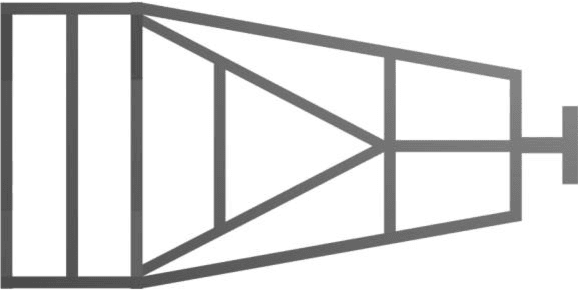
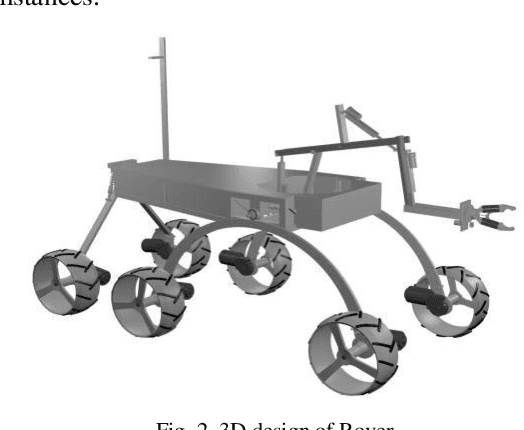
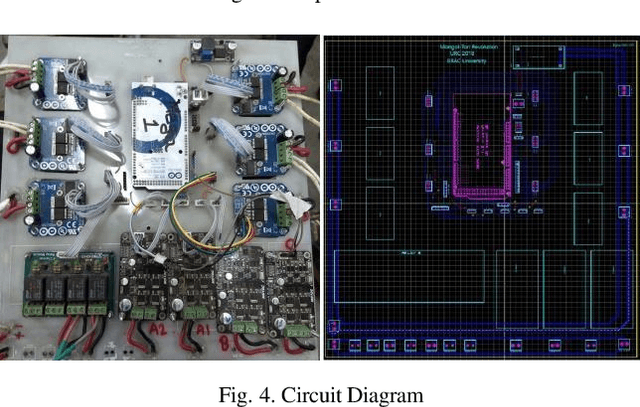
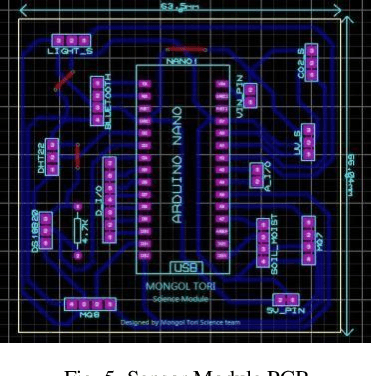
Abstract:BRAC University (BRACU) has participated in the University Rover Challenge (URC), a robotics competition for university level students organized by the Mars Society to design and build a rover that would be of use to early explorers on Mars. BRACU has designed and developed a full functional next-generation mars rover, Mongol Tori, which can be operated in the extreme, hostile condition expected in planet Mars. Not only has Mongol Tori embedded with both autonomous and manual controlled features to functionalize, it can also capable of conducting scientific tasks to identify the characteristics of soils and weathering in the mars environment.
Automated, real-time hospital ICU emergency signaling: A field-level implementation
Nov 03, 2021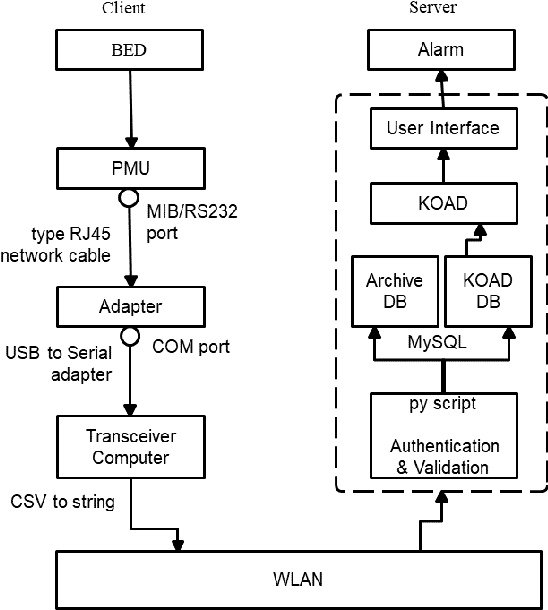
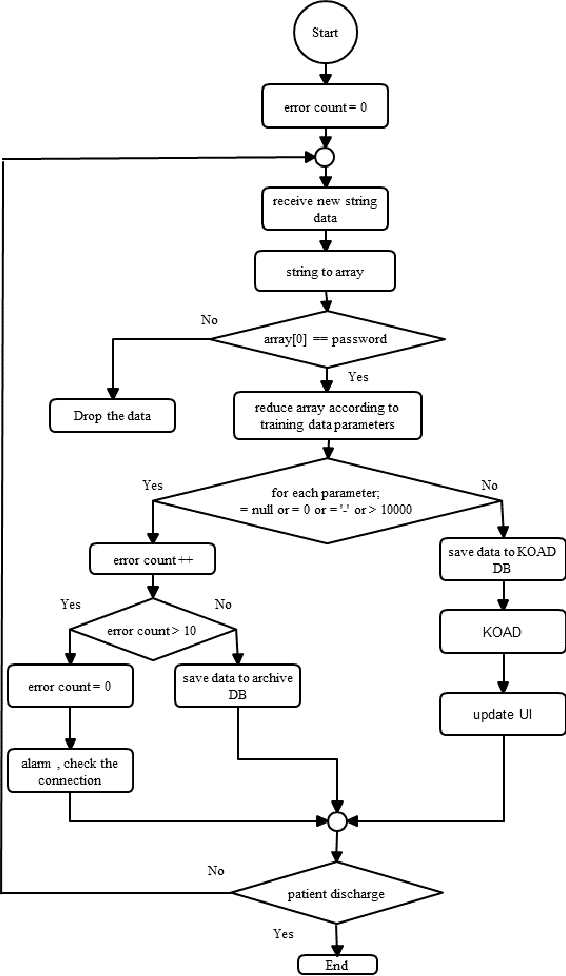
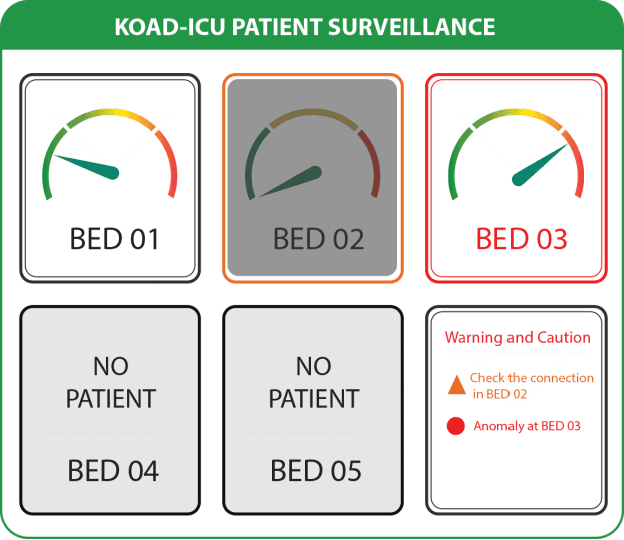
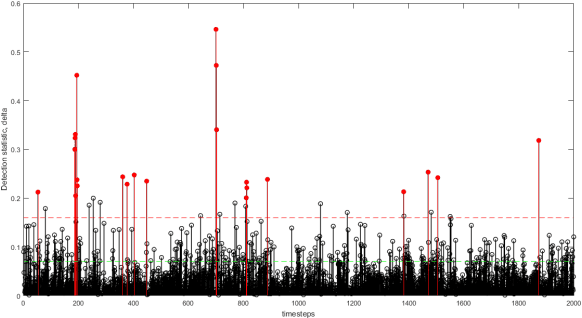
Abstract:Contemporary patient surveillance systems have streamlined central surveillance into the electronic health record interface. They are able to process the sheer volume of patient data by adopting machine learning approaches. However, these systems are not suitable for implementation in many hospitals, mostly in developing countries, with limited human, financial, and technological resources. Through conducting thorough research on intensive care facilities, we designed a novel central patient monitoring system and in this paper, we describe the working prototype of our system. The proposed prototype comprises of inexpensive peripherals and simplistic user interface. Our central patient monitoring system implements Kernel-based On-line Anomaly Detection (KOAD) algorithm for emergency event signaling. By evaluating continuous patient data, we show that the system is able to detect critical events in real-time reliably and has low false alarm rate.
 Add to Chrome
Add to Chrome Add to Firefox
Add to Firefox Add to Edge
Add to Edge